With as little public notice as possible, theUnited Nations Security Council plans to hold a summit meeting next week to significantly boost its role as a global military and police force, social development agency and international arbitrator, all rolled into one.
Even though President Barack Obama is slated to address the U.N. twice next week— on Wednesday, during another summit meeting on the U.N.’s anti-poverty Millennium Development Goals (MDGs) and Thursday, during the annual General Assembly session—appearing at the Security Council summit does not show up yet on his schedule.
In response to questions about the session from Fox News, a spokesman for U.N. Secretary General Ban ki-Moon, who will address the meeting, said only “I’ve asked for assistance on this.”
An official of the U.S. Mission to the U.N. told Fox News that “there will be more details shortly about some meetings including the Security Council summit.”
There was no answer to questions about what outcome the U.S. expected from the session, and whether it would result in a bigger or smaller bill for the cost of peacekeeping than the roughly $8 billion the world organization says it is currently spending.
However, the importance of the session in providing new political support for a “bolder, more comprehensive and more forward-looking vision…today and into the future” of the Security Council’s global role is underlined repeatedly in a diplomatic letter and so-called “concept paper” on the topic, obtained by Fox News.
The letter and its four-page “concept” annex were circulated by Ban’s office on September 3 to Security Council members at the request of Turkey, which is taking over the rotating presidency of the Council, and therefore will serve as the official convenor of the session.
According to the document, the main aim of the two-hour special session is to provide a summary statement by world leaders that will provide a “political framework” for a stronger Council role in world affairs, a justification for keeping U.N. forces involved for longer periods of time in countries riven by conflict (the paper calls it “sustained engagement”).
Indeed, one of the aims of the session seems to be to change the international discussion of peacekeeping from a strictly limited operation, after which U.N. forces would leave a conflict-stricken country, into a longer-term role for the U.N. as a benevolent supervisor and organizer of social and economic development in war-torn regions.
In other words, a much more sophisticated, lengthy—and expensive—form of multilateral intervention.
As the “concept paper” puts it: “A discussion of this type could help shift the debate from exit strategies to integration among different elements and tasks of bringing peace to a country or region.”
CLICK HERE FOR THE LETTER AND CONCEPT PAPER
As it happens, that kind of increasingly intrusive, extended and expensive intervention by U.N. peacekeepers is exactly where some of the biggest U.N. peacekeeping missions have been headed in recent years, while the entire peacekeeping bill has more than doubled in the past five years.
In some cases, notably that of Haiti, the U.N.’s peacekeeping intervention was not even preceded by any conflict, but by a total breakdown in law and order, followed, early this year, by a disastrous earthquake.
The peacekeeping bill for Haiti along this year is estimated to run to $732 million—with two-thirds of the money going for salaries of U.N. personnel, and the tab is likely to be higher next year..
Increasingly, the U.N. has taken to calling such missions “stabilization” missions in acknowledgement of their new, long-running role long after conflict has ended. Whether they actually “stabilize” anything is a question that in cases like Haiti and Somali may be debated for an equally long time.
But next week’s Security Council summit may be intended to provide political endorsement for something more extensive than custodial roles. As the “concept paper” puts it, in the U.N.’s customary opaque and elusive language: “the Council could reaffirm its will and ability to play a stronger role in the political settlement of disputes and in the implementation of peace processes.”
In other words, the U.N. Security Council could get a greater institutional role at the table of power politics, perhaps in such thorny areas as Afghanistan.
The “concept paper” refers to a draft declaration to be issued by the summiteers at the meeting’s end that has apparently been circulating among participants for weeks.
What it will finally say, however, remains to be seen—maybe-- next Thursday.
George Russell is executive editor of Fox News.

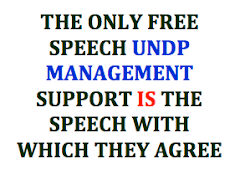


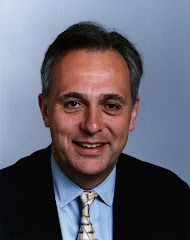
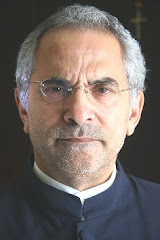

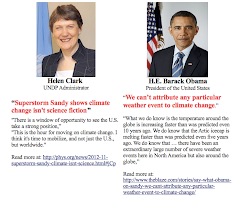














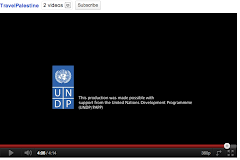

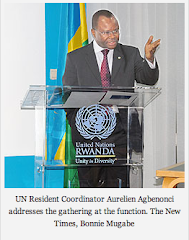

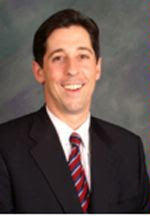

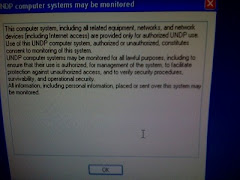

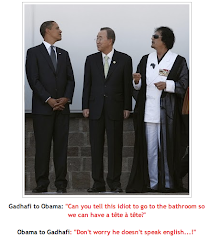
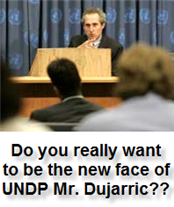






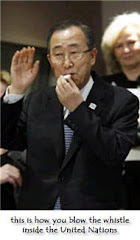
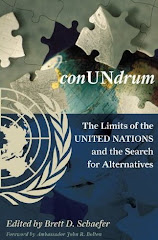

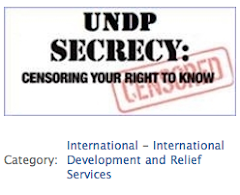
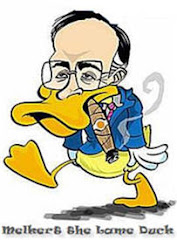


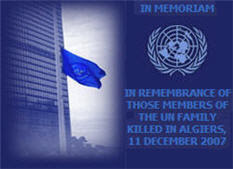


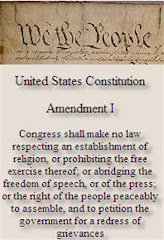
No comments:
Post a Comment